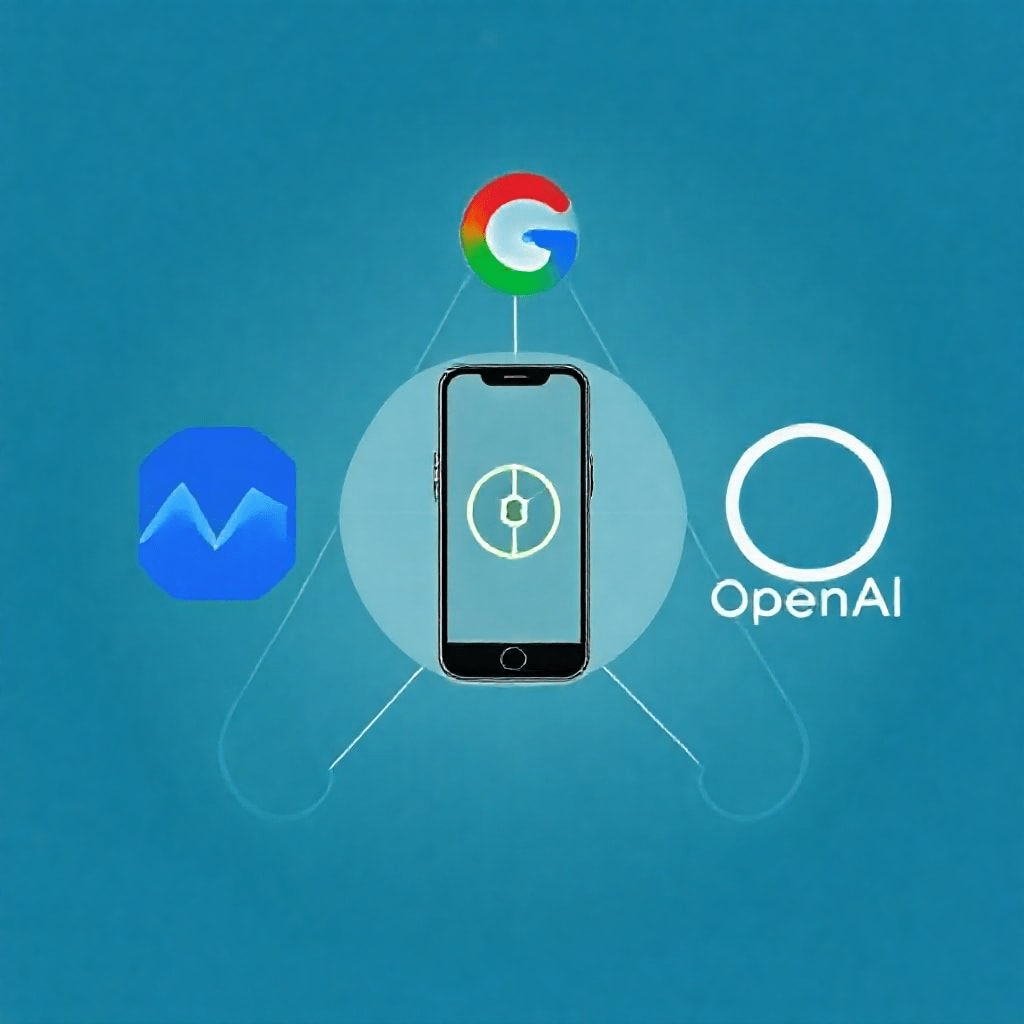Introduction
Meta Platforms, seeking to accelerate its AI innovations and better compete with rivals, is reportedly in talks with Google and OpenAI to license or integrate third-party AI models within its flagship apps like Facebook, Instagram, and WhatsApp. This shift represents a strategic pivot from building AI entirely in-house toward mixed or hybrid deployment—aligning with a growing trend of AI specialization and collaboration.
The Strategic Rationale Behind the Move
Meta has heavily invested in its own AI infrastructure, including LLaMA, internally developed generative models, and multimodal AI capabilities. Yet translating breakthroughs into seamless user features across billions of accounts remains a challenge.
By tapping into Google’s or OpenAI’s leading-edge models:
- Meta can accelerate feature deployment, skipping complex in-house retraining cycles.
- Users may gain from higher-quality generation, more fluent writing, better conversation and creative capabilities.
- Meta can conserve resources, focusing instead on delivery, UI/UX, and platform integration.
Watching Meta lean toward external models signals a potential shift in AI economics—less vertical building, more vertical integration through licensing.
Possible Scenarios and Use Cases
1. Generative Tools in Social Apps
AI-powered creation features—auto-generated captions, creative prompts in Reels, visually guided meme generators—might use licensed models for richer, more accurate output.
2. Intelligent Assistants & Chatbots
WhatsApp or Facebook Messenger could get smarter conversational agents, able to summarize chats, reply contextually, or offer task guidance using OpenAI’s language models or Google’s Gemini/PaLM stack.
3. Cross-Platform Consistency
A unified language model across platforms could ensure coherence in AI behavior—reducing maintenance overhead and improving user familiarity.
4. Cost and Speed Advantages
Instead of retraining models, Meta could negotiate usage-based licensing. Testing a feature in Beta via hosted APIs provides flexibility and faster iteration.
Industry and Expert Perspectives
Insiders say Meta’s leadership sees the advantage in not “reinventing the wheel.” One analyst commented:
“Instead of re-inventing the wheel, Meta would gain access to proven models and focus on UI and product integration.”
Yet others raise flags about dependency risks:
- Licensing terms might limit usage, customization, or cost control.
- Model latency, API reliability, and privacy safeguards must align with Meta’s scale and regulations.
- Relying too heavily on external providers could weaken Meta’s long-term AI autonomy.
A Broader Trend in AI Deployment
Meta’s openness to partnership reflects an emerging pattern among large platforms:
- Vertical specialization: some firms excel in model research (OpenAI, Google), others in user distribution and personalization (Meta).
- API-first models: delivering AI-as-a-service enables hybrid ecosystems rather than walled gardens.
- Co-opetition: Meta could simultaneously be a competitor and customer—highlighting nuance in AI collaboration.
The trend raises questions about who ultimately controls AI behavior across apps: the platform or the model owner.
Privacy, Governance, and Technical Safeguards
Deploying external models at Meta scale requires rigorous evaluation on:
- Data privacy: ensuring user data is not shared inappropriately or used to train external models.
- Policy alignment: models must adhere to content moderation, hate speech rules, and regional data laws.
- Latency and reliability: global app performance hinges on model API uptime and responsiveness.
- Customization controls: Meta may need fine-tuned versions, not off-the-shelf models, necessitating specialized licensing.
What to Monitor Next
- Partnership Confirmations: Will Meta disclose formal agreements? Are there exclusivity clauses?
- Pilot Features: Which platforms (e.g., Instagram Reels, Messenger replies) test powered by external models?
- User Experience: Are users seeing noticeable improvement in AI-generated responses or tools?
- Policy Statements: How will Meta explain model sourcing to users—e.g., “Powered by OpenAI” vs “Our model”?
- Competitive Moves: Could Google or OpenAI announce similar deals with other platforms in response?
Long-Term Implications
If Meta integrates powerful external AI:
- Innovation could speed up, with richer generative features hitting apps faster.
- AI ecosystems may shift toward licensing models, where model developers serve multiple platforms rather than owning distribution.
- AI literacy may grow as users experience high-quality generation outside research labs.
- Strategic positioning could pivot if Meta transitions from AI powerhouse to orchestrator of best-in-class experiences using external assets.
Conclusion
Meta’s exploration of partnerships with Google or OpenAI highlights a new strategic phase: accelerating AI deployment through integration rather than perfecting in-house technology alone. For users, this could mean smarter, more natural AI features; for Meta, it’s a bet on agility, specialization, and partnership. If realized, it may reshape how major tech firms collaborate in an increasingly AI-powered world.







